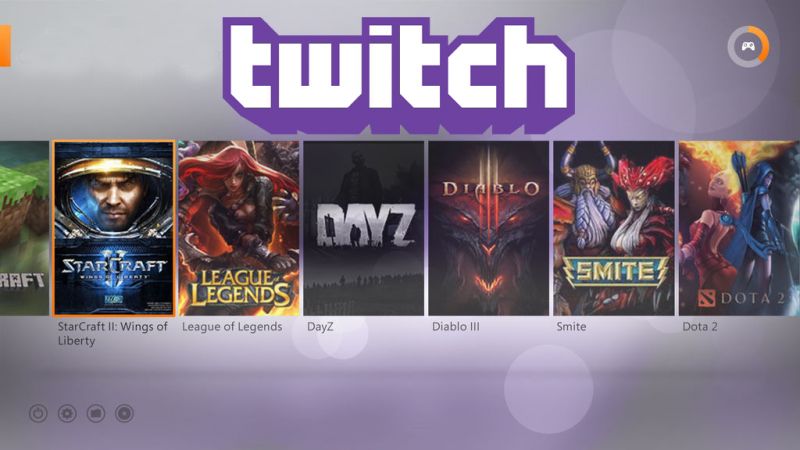
The emergence of Twitch TV has heralded a new step in the evolution of the gaming market, by enabling players to record live gameplay and broadcast this to a network of followers. This is part of a rapid and relentless evolution, which has seen desktop and mobile gaming thrive on innovation and overpower the once dominant console sector.
This trend is unlikely to abate any time soon, as the rigid and costly nature of console gaming continues to fail in the wake of more flexible and immersive mobile experiences. With cross-platform gaming technology also making a more diverse range of titles available on the desktop, video games are continuing to lose their market share.

Twitch TV is being largely marketed as resource for desktop gaming, and it has already earned critical acclaim from experts and users. It essentially enables players to capture crucial elements of their gameplay in real-time, before broadcasting these to a carefully formulated social network. This has a number of potential applications in the current market, with experts already using this medium as a method of teaching others sharing their knowledge with interested parties.
With this technology becoming embedded in the mainstream, we are also witnessing similar innovations take hold in the mobile gaming market. Mobcrush provides a relevant case in point, as this new innovation recently released unique iOS and OS X applications out of private beta. This made them available to individual platform users, while an Android and Windows version will also hit the market shortly. Similar to Twitch, it will enable mobile gamers to capture and stream their gameplay in real-time, whether they enjoy episodic adventures or frequent online roulette players.

The Santa Monica-based Mobcrush and Twitch TV provide interesting case studies, as they underline the growth that has distinguished both markets in the last two years. They also hint at the similarities that exist between the two, especially in terms of online capabilities and a vast, engaged spectator audience. Above all else, these innovations reveal the orientation of the existing market and highlight how cross-platform gaming technology (think Chromecast, for example) has expanded the appeal of both sectors.
Individually, both desktop and mobile gaming poses a huge threat to the video game platform. This is especially true now that these markets have been supplemented with video capturing and broadcasting technology, as this extends their reach and makes it possible for gamers to enjoy a more diverse and immersive experience.
Despite this, it is the combined force of mobile and desktop gaming that poses the single biggest threat to consoles, as cross-platform technology creates flexibility and lets players access a huge array of their favourite titles across PC and desktop.
When you consider that the idea of live-streaming games or enjoying them across multiple platforms was alien less than five years ago, we are clearly in the midst of a fast-growing market that continues to change on a daily basis.



